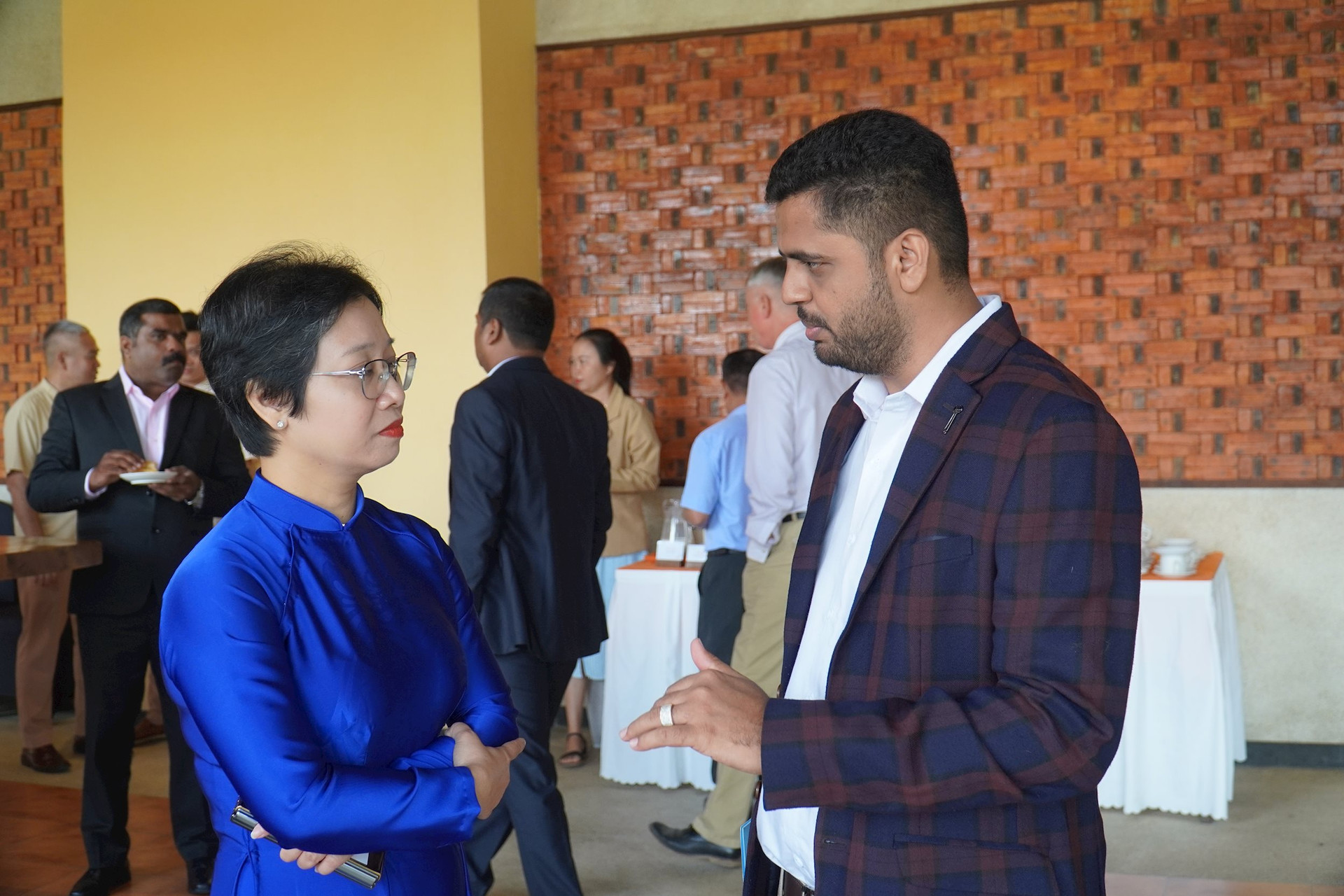
Ms. Nguyen Lan Ngoc exchanged views.
The workshop was attended by tourism managers, tourism businesses operaors in in Binh Thuan, as well as major Indian tourism and travel companies.
Ms. Nguyen Lan Ngoc, Deputy Director of the Department of Culture, Sports and Tourism, provided an overview of the potential, advantages, and development orientation of tourism in Binh Thuan. The Deputy Director of the Department of Culture, Sports and Tourism stated that Binh Thuan will leverage its strengths in natural resources, especially its 192 km long coastline with beautiful beaches, numerous natural reserves, historical sites, and famous landscapes, along with its unique cultural festivals. Binh Thuan has emerged as a safe, friendly, and trustworthy destination for tourists from both within and outside the country.
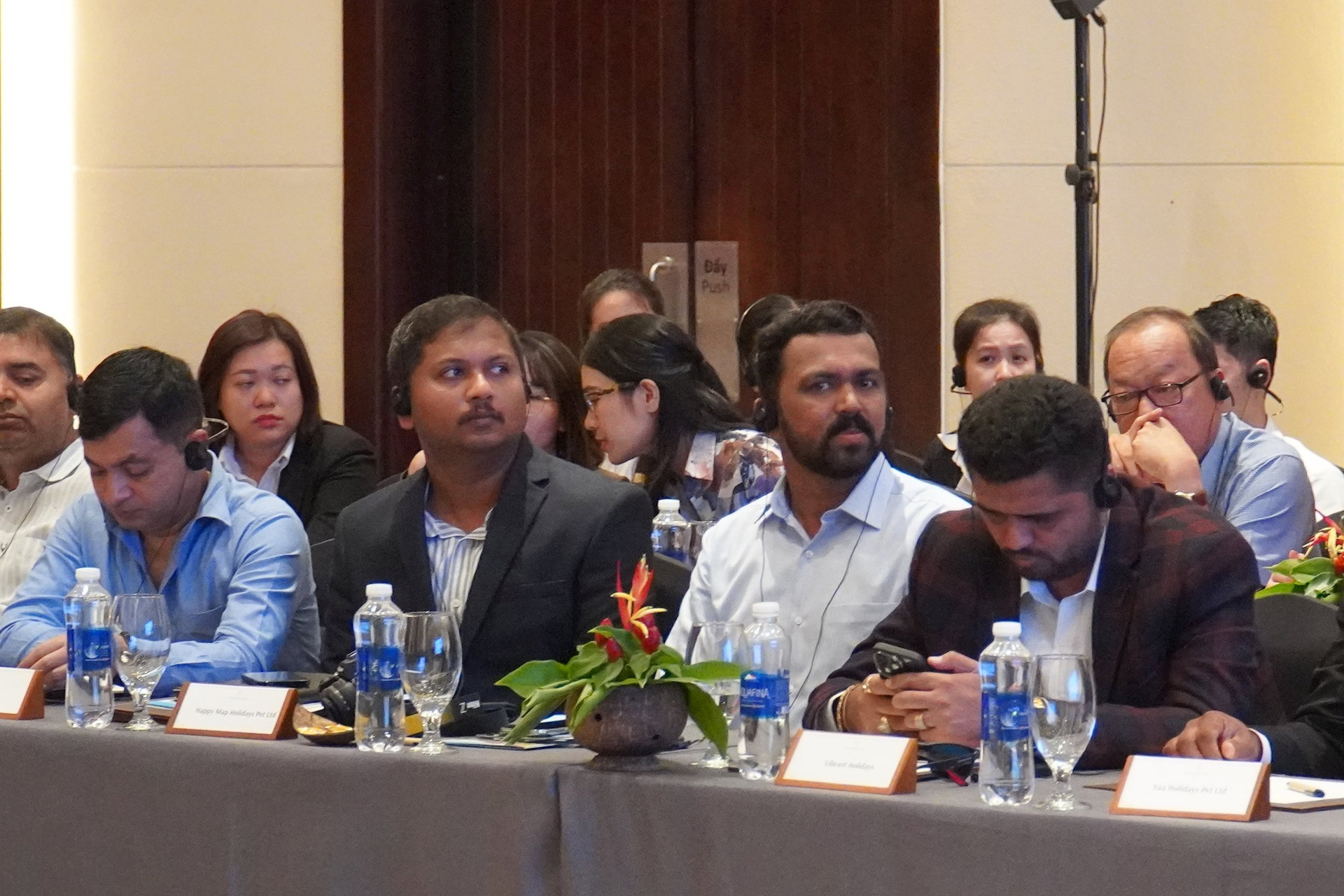
Ms. Nguyen Lan Ngoc - Deputy Director of the Department of Culture, Sports and Tourism speaking at the workshop.
At the workshop, delegates focused on introducing and promoting tourism potential and strengths of Binh Thuan province well as India; exchanging and promoting new tourism products; and fostering trade cooperation between the parties. Binh Thuan currently has around 600 tourism accommodation establishments with a total of nearly 19,000 rooms. In addition, the province has 557 apartments and 462 villas for rent. Currently, Binh Thuan offers high-end tourism products such as golf, luxury beach resorts, sea sports tourism, and adventure sports tourism.
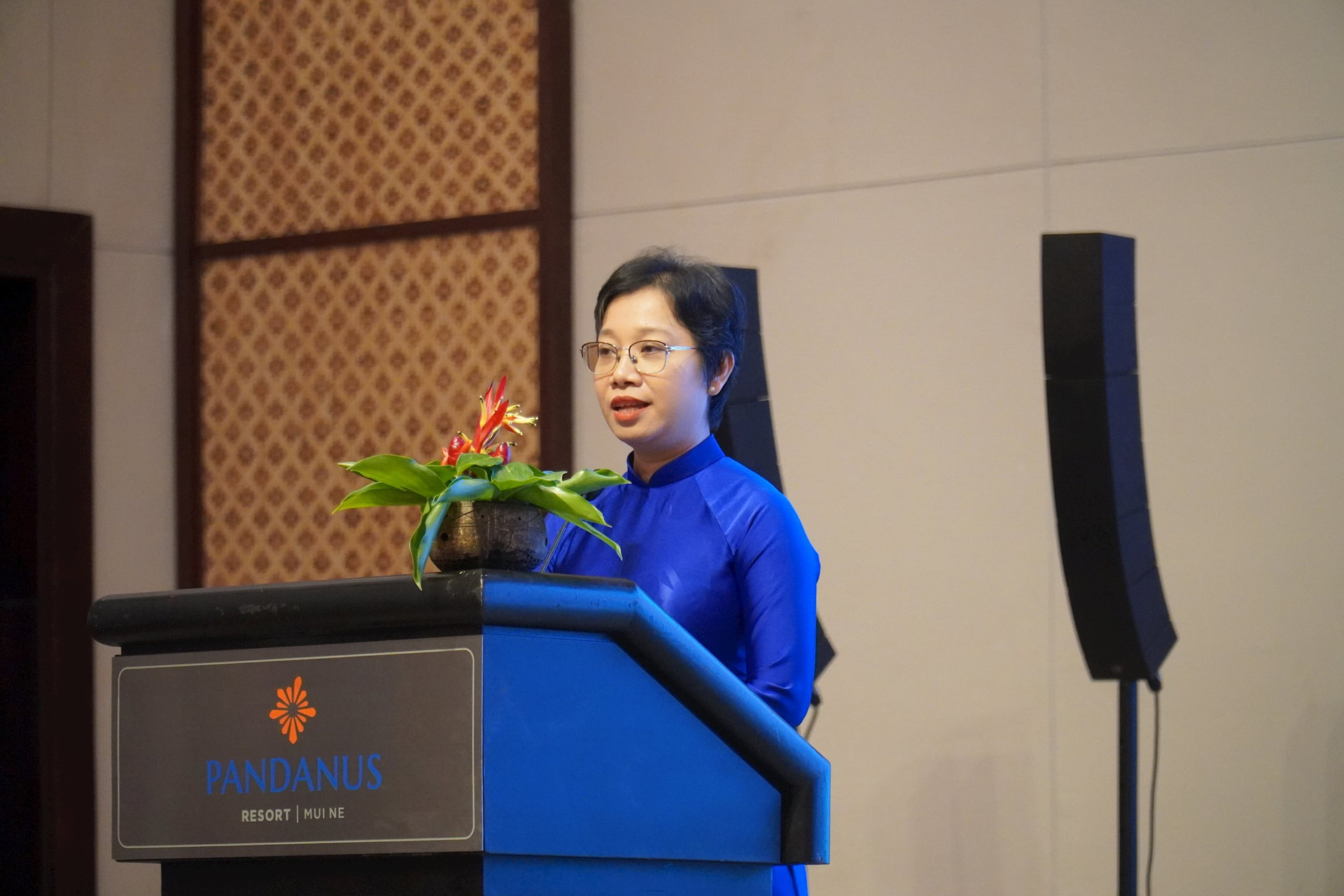
Ms. Nguyen Lan Ngoc (right) and Mr. Pankaj Kumar, Representative of the Consulate General of India in Ho Chi Minh City.
Binh Thuan is diversifying its tourism products, such as “green” tourism, integrating tourism activities with the preservation and promotion of natural resources and environmental protection; developing cultural tourism products associated with festivals, sightseeing, and learning about the local community’s way of life and traditional crafts; promoting eco-tourism, adventure tourism, eco-agricultural tourism, wellness tourism, and combining resort tourism with MICE (Meetings, Incentives, Conferences, and Exhibitions) tourism.
In terms of tourism infrastructure connectivity, Binh Thuan has a highway connecting Ho Chi Minh City, Khanh Hoa, and other destinations. Additionally, all coastal roads connecting to the province’s key tourist destinations have been newly invested in or upgraded, creating favorable conditions for visitors. In 2023, Binh Thuan expects to welcome around 8.3 million tourists, including approximately 220,000 international visitors. The average annual growth rate of tourist arrivals to the province is 16.28%, with international tourists increasing twice as fast, including the Indian market.
.jpg)
During the sidelines of the seminar, Vietnamese-Indian trade partners exchanged views. Ms. Nguyen Lan Ngoc, Deputy Director of the Department of Culture, Sports and Tourism, emphasized: “India is a large market that Binh Thuan’s tourism industry is targeting. In the coming time, we hope for more and closer cooperation from Indian businesses and travel companies to contribute to the development of tourism in Binh Thuan specifically, and Vietnam’s tourism in general. It is expected that around 2025, Binh Thuan will have an airport with a capacity of approximately 2 million passengers per year. Therefore, international visitors can directly arrive via flights to Phan Thiet Airport.

Mr. Pankaj Kumar, Consul General of India in Ho Chi Minh City, stated that Binh Thuan has a unique and vibrant culture. Binh Thuan and India share similarities in terms of culture. Moreover, Binh Thuan also has strengths in terms of its beaches, islands, forests, lakes, and waterfalls, allowing for a diverse range of outdoor activities. Indian tourists are very interested in outdoor activities and exploring the local culture.
Representatives of Indian travel companies presented souvenirs to Binh Thuan. At the same time, delegates proposed several solutions to connect and promote the Indian market, such as the need to develop integrated activities between Indian and Vietnamese cultures to create a sense of familiarity while still offering new experiences for tourists to learn about local specialties. It is also important to develop more types of family-oriented tourism and focus on the development of Indian cuisine locally.


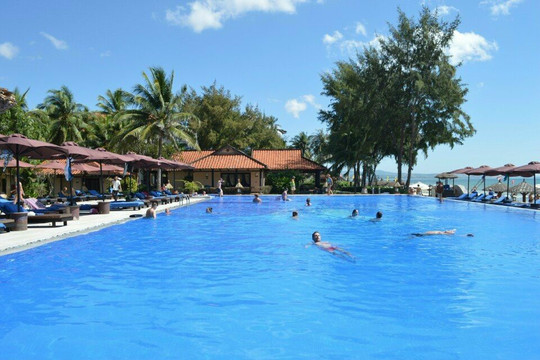
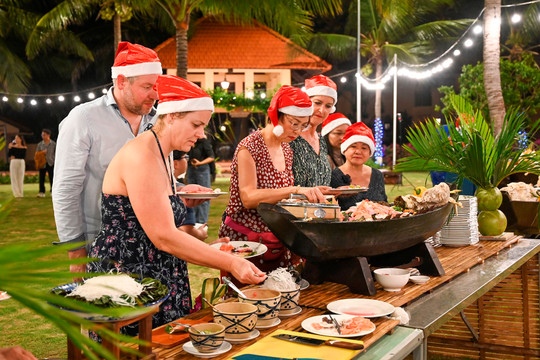
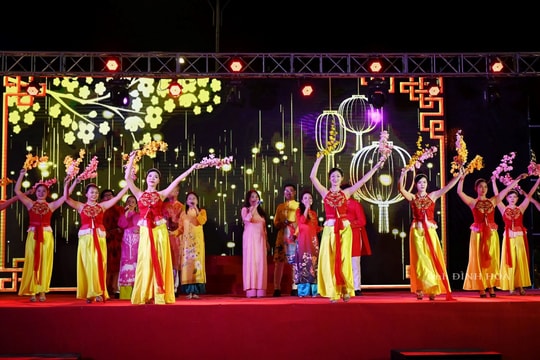
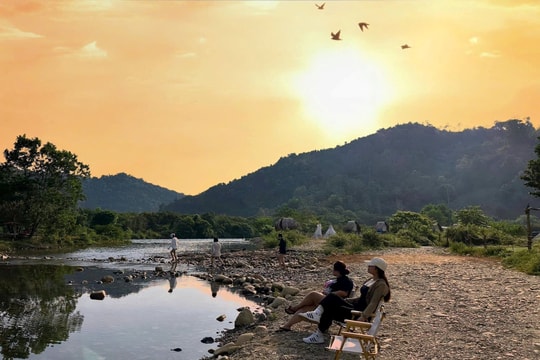
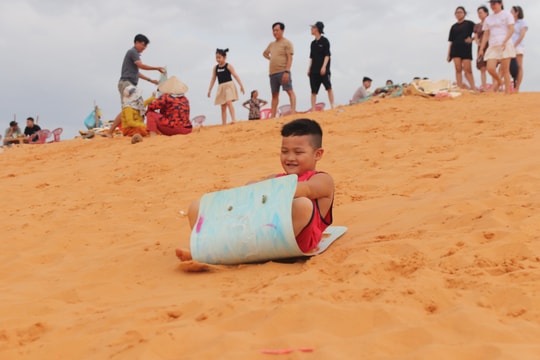
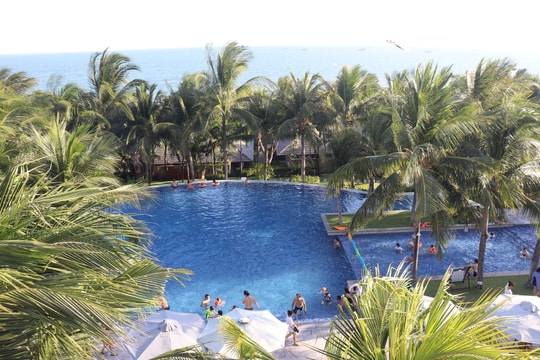

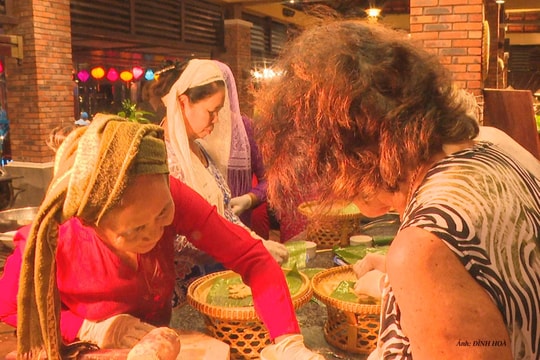
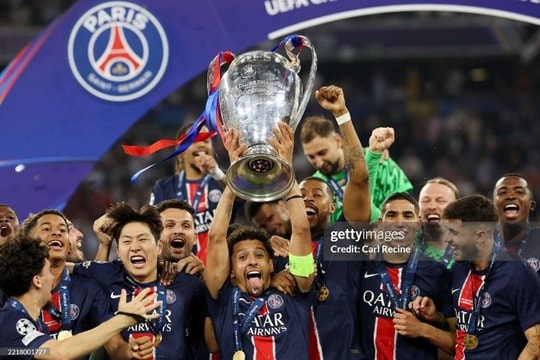
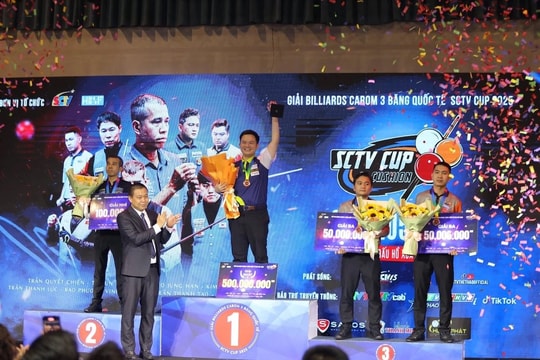
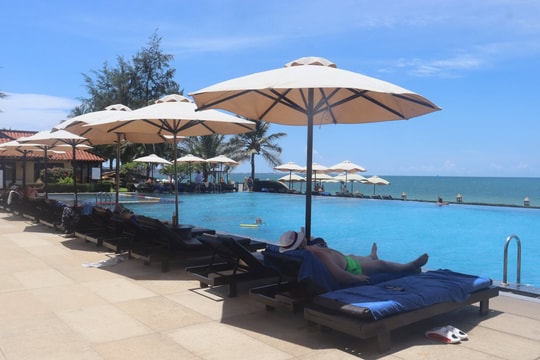
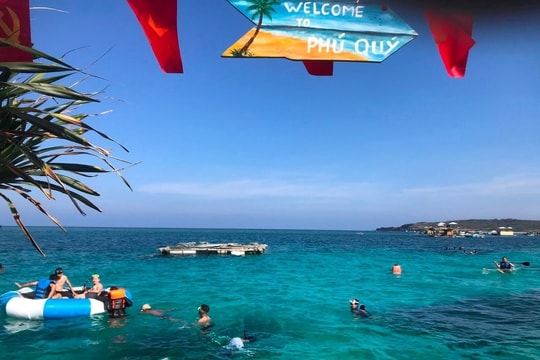
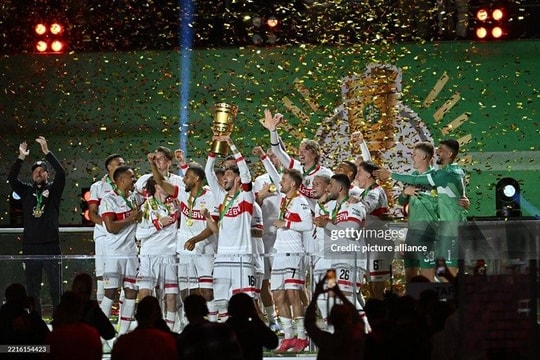
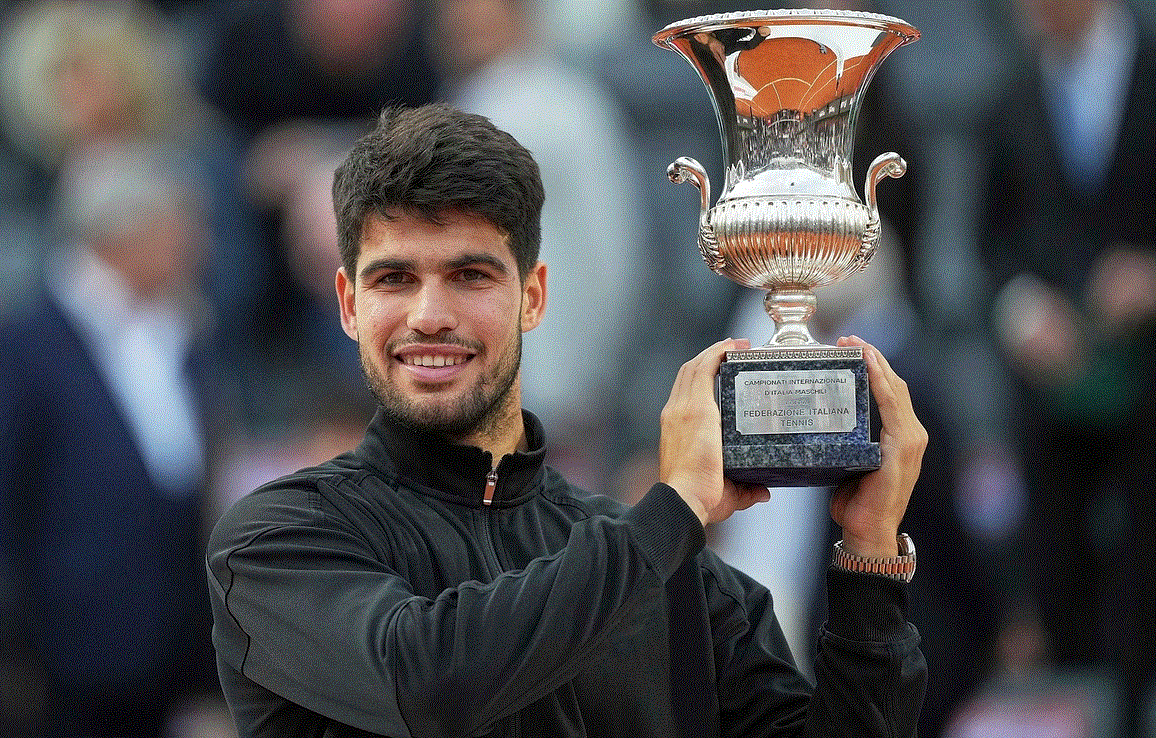
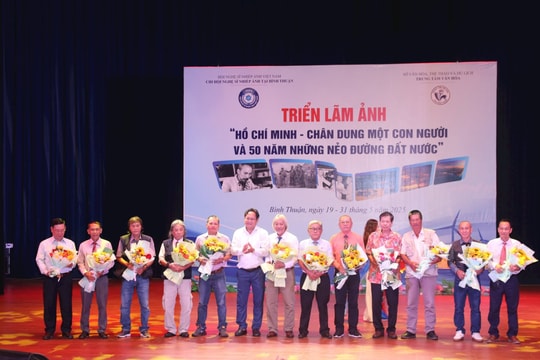


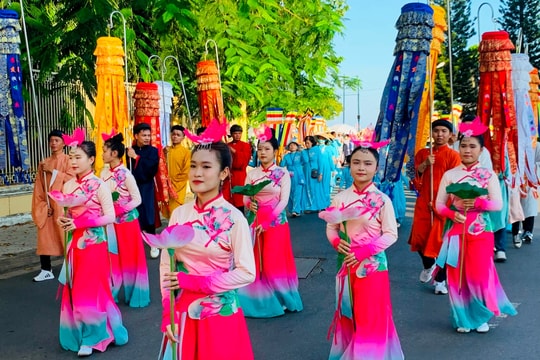
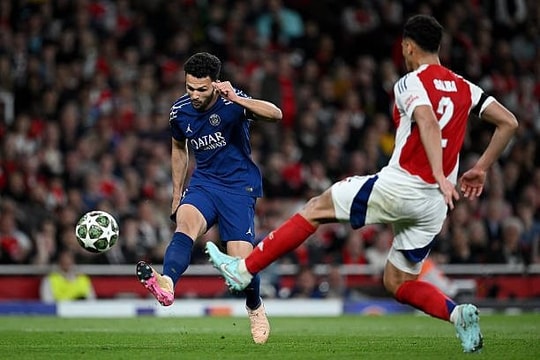


.jpg)
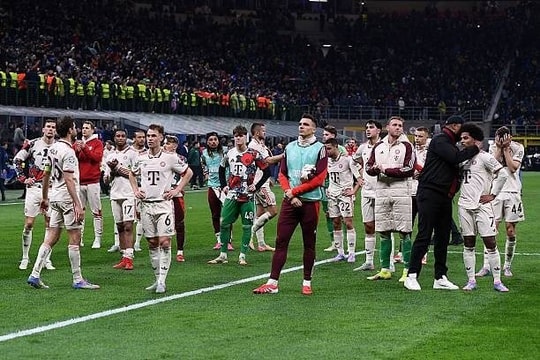

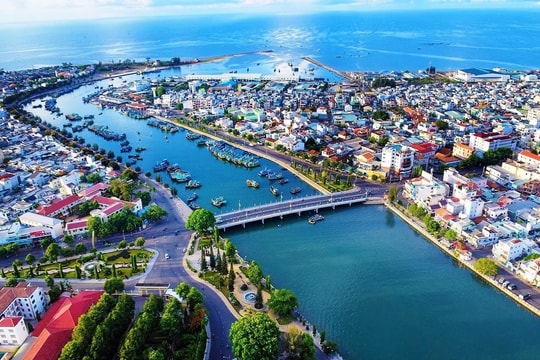


.jpeg)
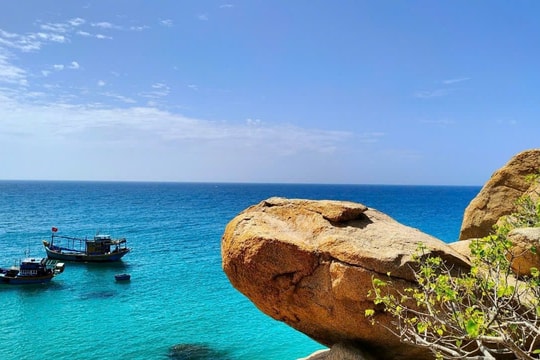
.jpeg)

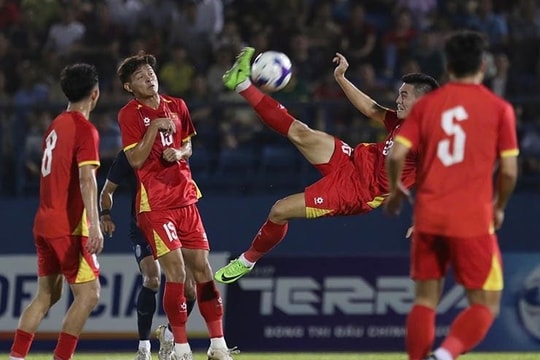
.jpeg)


